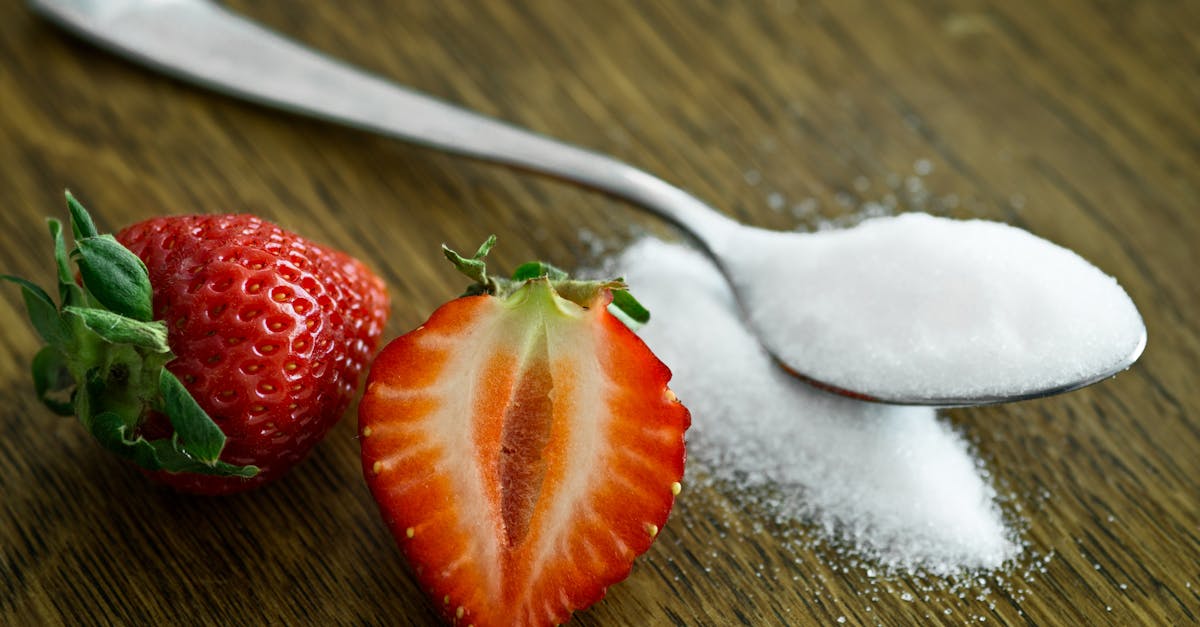Sugar can be found almost anywhere. By now, you’ve probably heard of all the different sugars and sweeteners on the market, from plain old white sugar to artificial sweeteners like Splenda. But have you heard about Truvia? In this article, I’ll be talking about what Truvia is and why you might decide to use Truvia over other sugars or sugar alternatives to help answer the questions, ‘Is Truvia bad for you?’
What is Truvia?
Truvia is a popular sugar substitute that is derived from the stevia leaf. However, it’s not the same as pure stevia, because Truvia is actually made of a blend of erythritol, stevia leaf extract, and natural flavors. Because of the combination of the erythritol and stevia in Truvia, you may find that the sweetness of Truvia is more evenly distributed and less intense than stevia leaf extract. In fact, if you’ve ever tried pure stevia extract, you’re probably familiar with its bitter aftertaste.
How Truvia Differs From Other Sugars and Sugar Substitutes

Like most other sugar substitutes you’ll find, including Splenda and Equal, Truvia contains zero calories. In comparison, 1 tablespoon of white or brown sugar contains around 48 calories, 1 tablespoon of maple syrup provides 51 calories, and 1 tablespoon of honey has 63 calories. However, in contrast to these artificial sweeteners, Truvia is technically considered a “natural” sweetener, given that it’s derived from the stevia plant.
Some Benefits of Truvia
One of the biggest reasons that people might choose to use Truvia over other sugars or sugar alternatives is that they want to cut calories from their diet, but still want to add some sort of sweetener into their baked goods or daily cup of coffee. It’s suitable for vegetarians, vegans, and people following a strict kosher diet. It’s also safe for diabetics, because both stevia and erythritol have practically no effects on glycemic response.
Is Truvia Safe to Consume?

The short answer is yes, considering that the FDA has approved Truvia for food use. However, more research suggests that the consumption of Truvia— namely its main components, erythritol and stevia— may not be as healthy as you’d think.
Despite being labeled as a “zero-calorie sweetener,” Truvia is still a heavily-processed food, given that it takes a lot of steps to convert the stevia leaf into its white, powdered form. Adding too much Truvia to foods may cause an upset stomach in some people. More importantly, Truvia may alter the body’s natural metabolic response to sweets.
That is, when you consume Truvia, the sweet taste can activate sugar receptors to prime your body to metabolize or break down the sweetener. The problem is that Truvia doesn’t provide any calories, so a result your body becomes confused and may actually start craving more sugar to compensate. Not the best outcome if you’re trying to use Truvia to break your sugar addiction.
The Final Verdict: Is Truvia Good or Bad?
Whether Truvia is necessarily good or bad to include in your diet is definitely a hard question to answer. Simply put, more research is needed to better understand the effects of consuming Truvia, as well as other non-nutritive sweeteners like erythritol and stevia. For the most part, Truvia is generally safe as long as it’s consumed in moderation.


